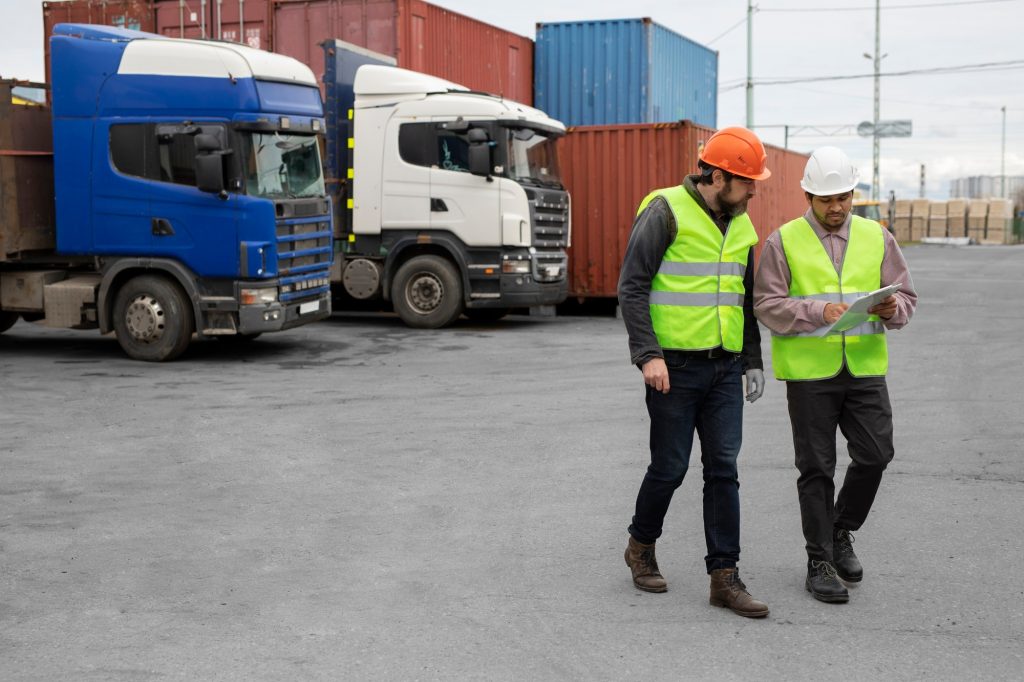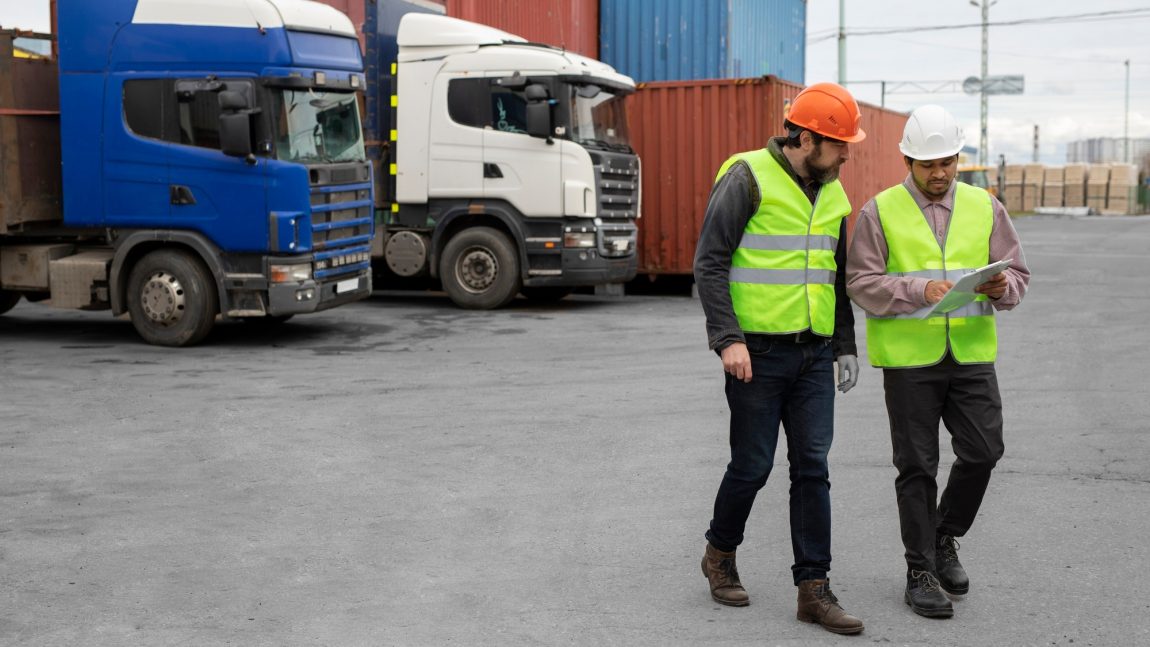Jaideep Saraswat, Nikhil Mall

72% of truck fleet operators are ready to transition to Zero Emission Trucks—provided their issues
are addressed, reveals a new nationwide survey by the Vasudha Foundation and the All India Motor
Transport Congress (AIMTC).
India has set an ambitious target of ensuring that 30% of vehicle sales are electric by 2030, yet as of
FY2025, EV penetration stands at only 7.8%. While two- and three-wheelers have led early adoption,
the decarbonisation of India’s trucking sector remains a critical frontier. Trucks are the workhorses
of the economy, moving nearly 70% of India’s domestic freight volume, and will play a pivotal role in
the nation’s goal of becoming a developed economy by 2047.
A Sector Ripe for Change
The white paper—“Insights and Recommendations from India’s Truck Fleet Operator Survey 2025”—offers a rare, ground-level view of the challenges and opportunities facing fleet operators. Covering 217 operators across India, representing over 3,600 trucks, the study finds that while diesel remains dominant (91% of fleets), operators are increasingly open to transitioning to Zero Emission Trucks (ZETs) once issues like cost, charging infrastructure, and resale value are resolved.
The Indian trucking industry is massive and complex, with over 4 million medium- and heavy-duty trucks (MHDTs) in operation and roughly 300,000 new trucks added each year. As freight demand is projected to jump from 2.2 trillion tonne-kilometres in 2022 to 9.6 trillion by 2050, the environmental footprint of this sector could surge unless clean technologies are rapidly scaled.
What the Survey Reveals
Operator Readiness and Concerns
- 72% of fleet operators said they would purchase a Battery Electric Truck (BET) once their main concerns are resolved.
- High upfront costs, lack of charging infrastructure, and unfamiliarity with new technology emerged as the top barriers.
- Operators travel an average of 344 km per vehicle per day, while they expect an electric truck to offer a range of about 382 km, signaling operational feasibility.
- 81% of operators are ready to reskill their workforce to manage electric truck operations.
- 95% of operators report that their clients have not yet requested low-emission freight, highlighting a demand-side awareness gap.
Digital Transformation Still Nascent
Only about 27% of operators have a clear understanding of how digital tools can improve operations. Among those using fleet management systems, satisfaction levels remain moderate. Operators prioritise driver analytics, tire monitoring, and route optimisation as critical digital features. Bridging this digital divide is vital to lower India’s logistics cost-to-GDP ratio, currently at 14–18%, almost double the global average.
Human Capital: The Backbone of India’s Trucking Transition
Behind every truck on India’s highways is a driving partner who keeps the wheels of commerce turning. Yet, the survey reveals that driving partner welfare remains one of the sector’s weakest links. While 63% of fleet operators provide insurance coverage to their driving partners, a significant proportion still do not, primarily due to high attrition rates, cost concerns, and the administrative challenges of managing policies. The result is a workforce that often remains financially insecure and socially unprotected. Attrition among driving partners continues to be alarmingly high. Key factors include long stretches away from home, inadequate roadside amenities, and a lack of dignity or recognition for the profession. Many of them are shifting to intracity jobs or gig-based driving platforms that offer shorter hours and better work-life balance, even if the pay is lower.
Building Confidence Through Experience and Knowledge
Transitioning to zero-emission fleets requires more than technology, it demands trust and tangible experience. The survey found strong enthusiasm among operators for pilot projects that would allow them to test electric trucks in real-world conditions, assess performance, and build confidence in the new systems. Over three-quarters of respondents also expressed interest in developing long-term decarbonisation roadmaps for their businesses, underscoring that this shift is no longer just aspirational—it’s strategic.
Paving the Way: A Collective Roadmap for Zero-Emission Trucking
Insights from the survey make one thing clear, India’s trucking transition will succeed only through coordinated action across policy, finance, technology, and capacity building.
Policymakers must create transparent and supportive regulations that build confidence in new technologies. This includes mandating visibility of critical metrics such as battery State of Health (SoH) and Remaining Useful Life (RuL) on vehicle dashboard, developing frameworks for battery refurbishment and second-life applications, and ensuring vehicle and battery warranties extend through the full lifecycle. Policies that integrate low-emission freight obligations for logistics clients can also drive market demand for sustainable transport solutions.
On the financing front, the sector needs innovative business models to make adoption affordable. Mechanisms such as OEM buyback guarantees, leasing models, battery-as-a-service options, and pay per-use frameworks can help reduce perceived risks and improve financing access for smaller operators. Similarly, shared or performance-based insurance schemes can incentivise safe and efficient driving while offering coverage tailored for electric components.
Technology and digitalisation are central to the transformation. Encouraging the use of data-driven fleet management, route optimisation, tire analytics, and driver behavior monitoring can help reduce fuel waste, downtime, and logistics costs, ultimately improving India’s competitiveness in freight movement.
Lastly, infrastructure remains the bedrock of adoption. Expanding charging networks along key freight corridors and Tier-2 and Tier-3 hubs will be essential.
Read the full white paper: “Insights and Recommendations from India’s Fleet Operator Survey 2025”
by the Center for Zero Emission Truck Transition Support (CZETTS), Vasudha Foundation & All India
Motor Transport Congress (AIMTC).




